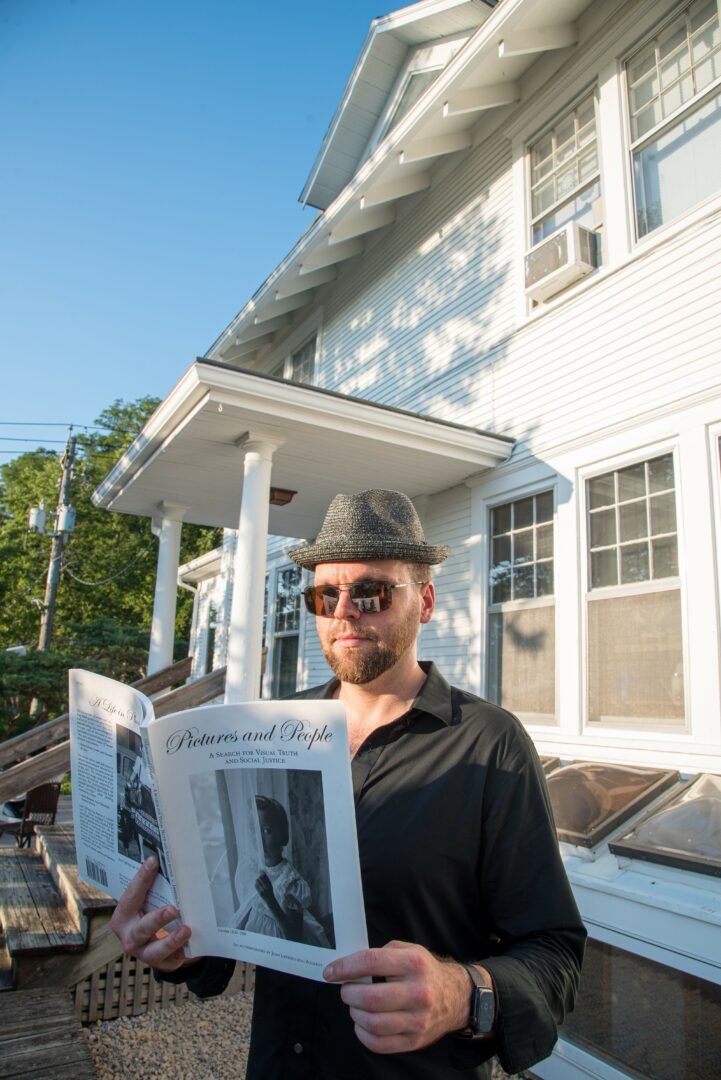We caught up with the brilliant and insightful Forrest Heusinkveld a few weeks ago and have shared our conversation below.
Forrest, thanks so much for taking the time to share your insights and lessons with us today. We’re particularly interested in hearing about how you became such a resilient person. Where do you get your resilience from?
Where do you get your resilience from?
I was born into a hard working middle class family in rural Iowa. I had as good of an upbringing as anyone could hope for. When I was a senior in highschool, everything came crashing down. In the middle of an otherwise normal shift working as a busboy at a local restaurant, I received a call from a police officer. My Father and brother had been in a head-on collision. My brother Jordan died instantly and my Father David sustained serious injuries. David’s head trauma caused cognitive impairments that were immediate, but at the time, they were difficult to distinguish from grief and depression. He eventually got diagnosed with dementia stemming from his head trauma. My Father’s decline was painfully slow; it took 13 years for him to die. Having your picture perfect family get wiped out in the blink of an eye taught me that the entire human experience is temporary. Watching him die slowly tested my will to live, but my Mother and I forced ourselves to keep going.
Where do you get your work ethic from?
Both of my parents worked in education, so I was expected to do my homework, study, and contribute to society. My Grandmothers are 2 of the most impressive individuals I’ve ever met. One of them, Joan Liffring-Zug Bourret, was a famous artist, author, publisher, and civil rights activist. She worked well into her 80s, and loved it. Her career was her life. I was blessed with a patient family who encouraged me to find what makes me want to get out of bed in the morning, and then helped me figure out how to make a career out of it. But there was no lollygagging, I always felt pressure to get out and do something notable. I had excellent role models.
How did you develop your confidence and self esteem?
I knew from an early age that I wanted to be a professional performing musician, but I lacked confidence and often felt nervous in front of people. When I was 18 years old my home was broken into and I was assaulted. It wasn’t pretty. I became paranoid that the intruders would return, so I joined the most hardcore martial arts class I could find. In addition to the standard repertoire of strikes and blocks, we did knuckle pushups, arm toughening, etc. The training taught me the way to conquer your nerves by exposing yourself to them repeatedly until they’re dead. In karate that means striking something with increasing force over a long period of time to kill the nerves and harden the bones. In music, that meant playing my parts so many times that it was harder to do it wrong than it was to do it right.These days I play 100 shows per year in pre than 10 bands, and rarely get anxious. I had a lot of good instructors and training partners over the years, but I didn’t really come into my own as an individual until Robert Brooks Sensei, of St. Louis and Iowa City finally allowed me to join his jujutsu class. The physical and mental discipline I acquired under his tutelage allowed me to reach new heights as a musician, educator, and businessman.
Where does your generosity come from?
When I was a younger musician, I remember a couple different kinds of older, more experienced musicians. Some of them really enjoy punching down and making less experienced players feel like they’ll never be anything. These kinds of ‘elders’ withhold as much beneficial information as possible from folks who look up to them. I’ve never really understood that, maybe they look at everyone as competition so they don’t want anyone else around them to thrive. I’ve been teaching private music lessons for more than 20 years, and I currently teach 50 private lessons per week. The nice thing about teaching music or martial arts is that over the course of an hour-long lesson, you can see measurable improvement. With other disciplines, in weight training for example, it might take weeks before you see a change. Years of mentoring, coaching, and teaching taught me to be generous with information. I like helping others reach their potential.
How did you overcome imposter syndrome?
In graduate school I realized right away that I did not fit the profile of your standard MBA student. Most of my peers were math nerds with years of work experience in banking, technology, engineering, etc. I was a touring musician, bar manager, and creative who, aside from prerequisites, hadn’t taken a math class in 10+ years and had never worked in spreadsheet. I felt out of place, but I knew that if I just did the work in front of me and took it one step at a time, I’d come out stronger at the other end. I’m in a similar situation right now. 2 years ago I acquired Penfield Books, one of the longest continuously operating book publishers in the state of Iowa. We’ve published close to 200 titles, and worldwide distribution. Many are used in classrooms around the world and I frequently come across our titles in gift shops and bookstores when I’m traveling. Taking over an operation of this magnitude can be overwhelming, you just have to take things one step at a time and do the best you can.
How did you find your purpose?
In my late 20s, after years of playing in bands, teaching private music lessons, and working at music venues, I decided I wasn’t contributing enough to society. I was tired of facilitating people’s drive to get intoxicated in bar and festival environments. I can tell you stories about life on the road that would make you laugh, cry, and question whether I should be in a psychiatric ward, but most of them are not fit for print. I studied and took prerequisites for a year or 2 and then got accepted into a prestigious MBA program, in hopes of becoming a financial advisor, financial analyst, or investment banker. I completed the program and graduated, but in the meantime, some of my bands started thriving and my roster of private music students grew steadily. My itch to do music and continue making a living creatively never went away, no matter how hard I tried. I realized that music is my identity, and that can’t be abandoned.
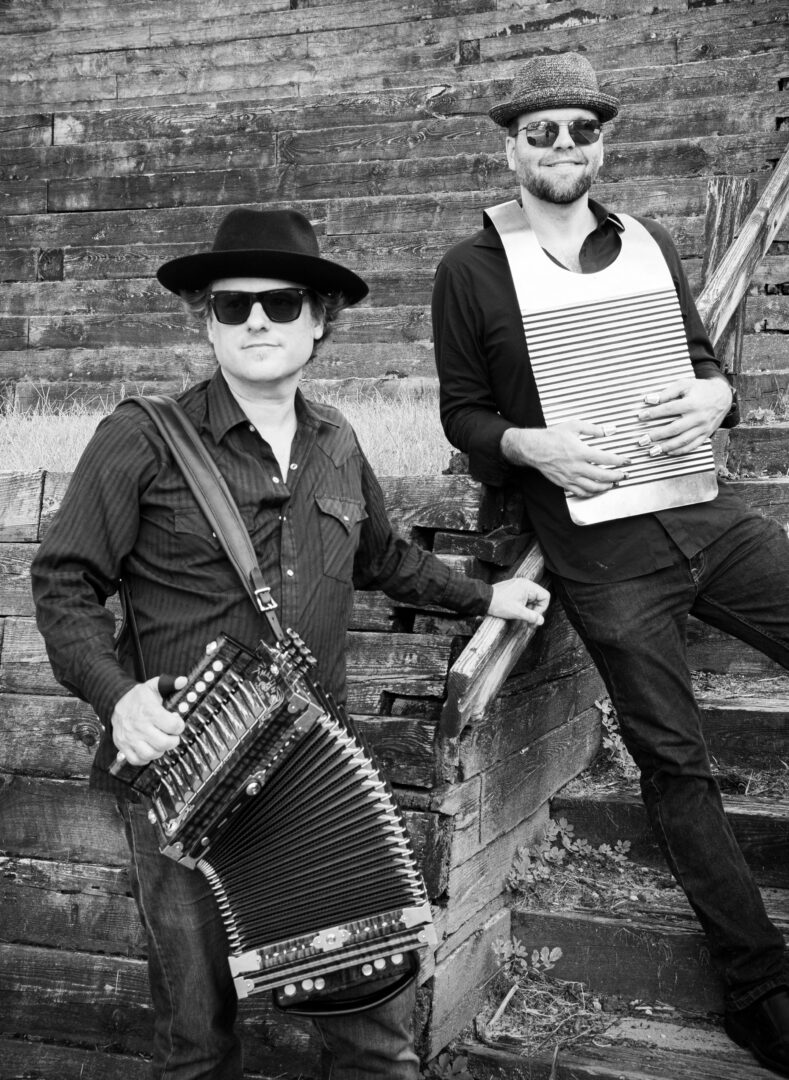
Appreciate the insights and wisdom. Before we dig deeper and ask you about the skills that matter and more, maybe you can tell our readers about yourself?
I’m a full time musician: I play 100 shows per year in 12 bands, I teach 50 private lessons per week, and I am constantly writing and recording new music. My bands include Diplomats of Solid Sound, The Uniphonics, The Swampland Jewels, Fork in the Road, Plastic Relations, Jumbies, Heads in Motion, and more. I have an extensive background in martial arts with black belts in a number of different systems. I own and operate Penfield Books, one of Iowa’s longest lasting continuously operating publishing houses.

If you had to pick three qualities that are most important to develop, which three would you say matter most?
Discipline obtained through serious study of the martial arts, a traditional business education in graduate school, and growing up in a stable household made me who I am. I’d encourage younger folks to take things one step at a time.
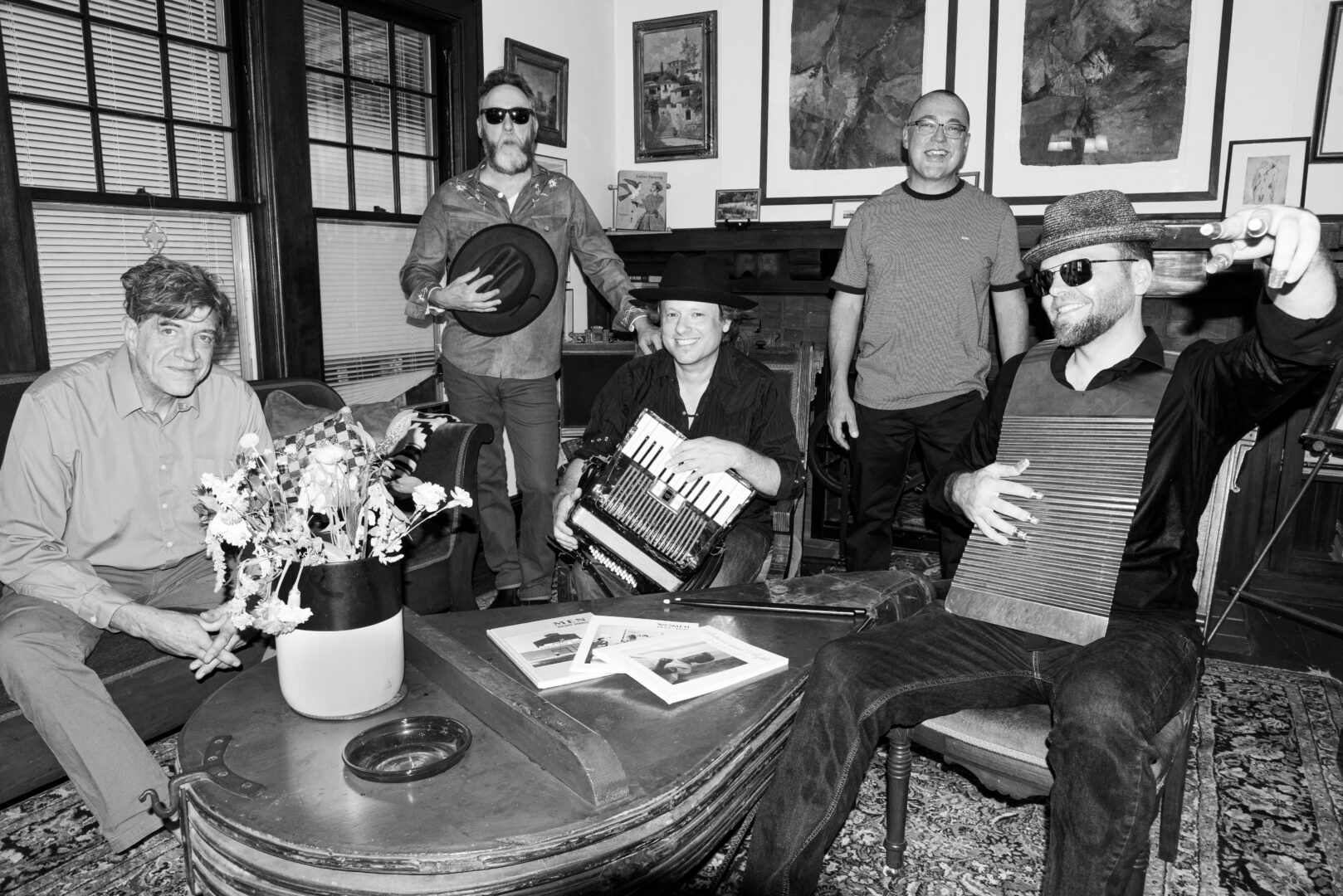
Okay, so before we go, is there anyone you’d like to shoutout for the role they’ve played in helping you develop the essential skills or overcome challenges along the way?
Robert Brooks Sensei – discussed in the initial window.
Contact Info:
- Website: https://linktr.ee/forrestheusi
- Instagram: https://www.instagram.com/forrestheusi/
- Facebook: https://www.facebook.com/forrest.heusinkveld
- Linkedin: https://www.linkedin.com/in/ForrestHeusinkveld/
- Twitter: https://x.com/ForrestHeusi
- Youtube: https://www.youtube.com/@forrestheusi
- Soundcloud: https://soundcloud.com/diplomatsofsolidsoundofficial
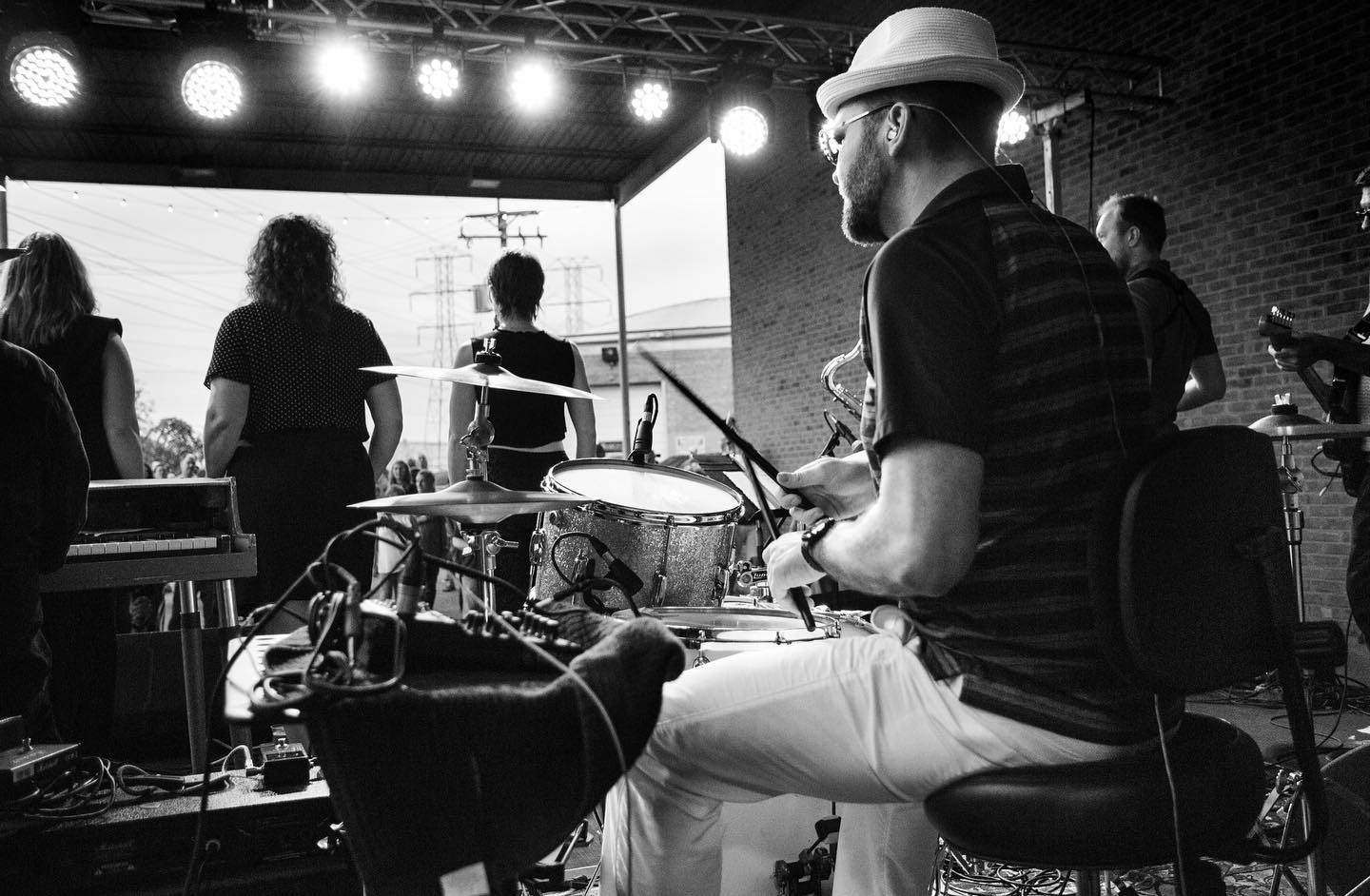
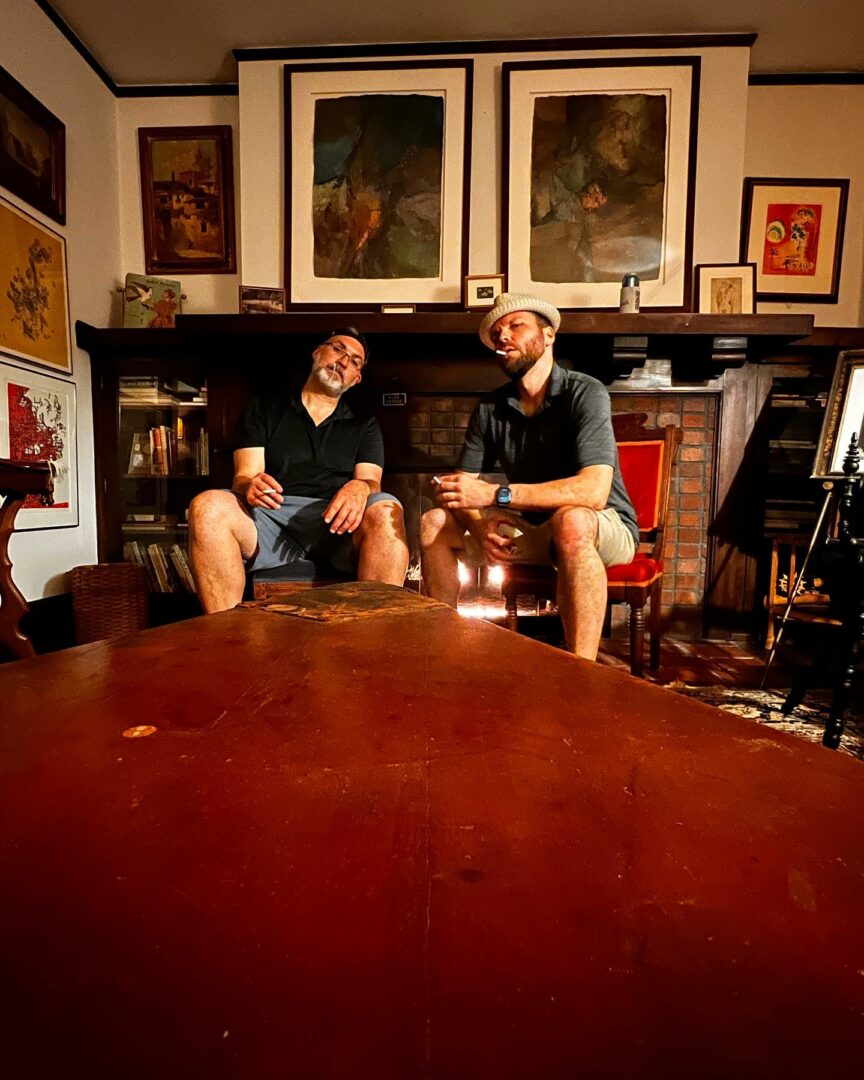

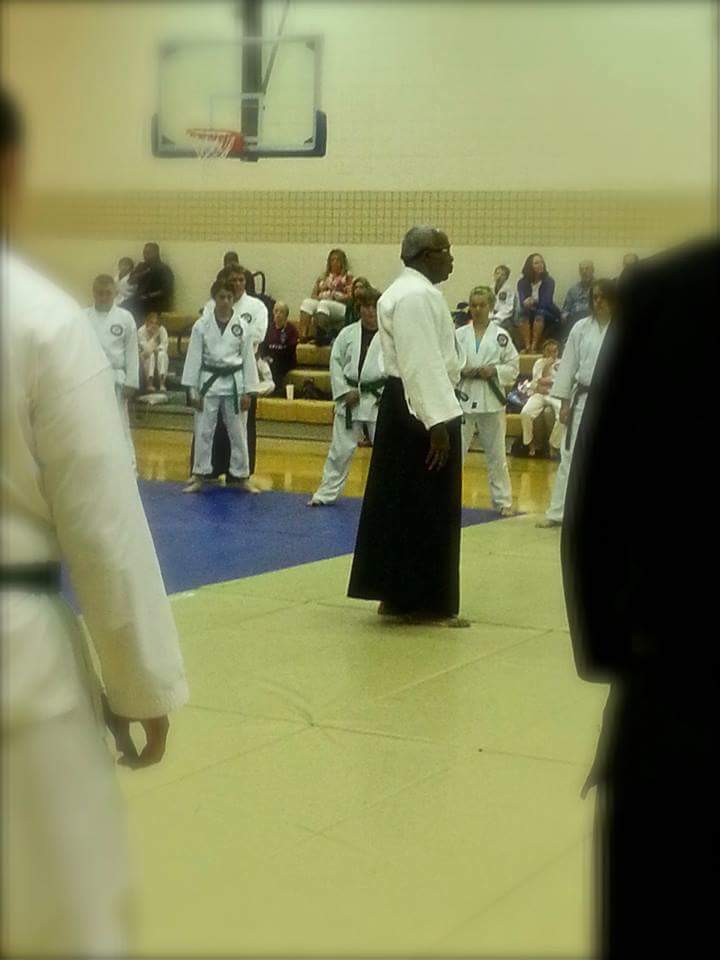
so if you or someone you know deserves recognition please let us know here.

